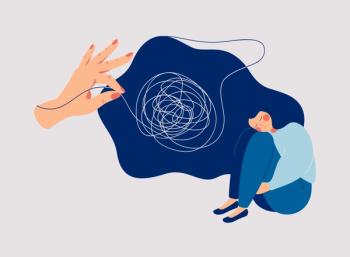
If approved by the FDA, this treatment would be the first therapy for treating depressive episodes in both bipolar I and II disorder in 2 different forms.

If approved by the FDA, this treatment would be the first therapy for treating depressive episodes in both bipolar I and II disorder in 2 different forms.
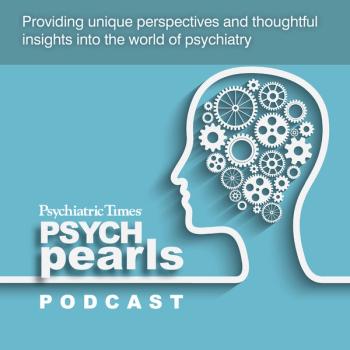
Millions of Americans will suffer brain injuries this year, and many of them will need a psychiatrist’s help.
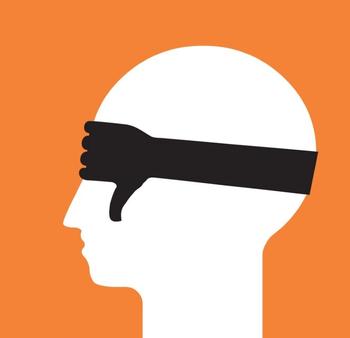
When dealing with a serious mental illness, speaking out and sharing common experiences can help healing.
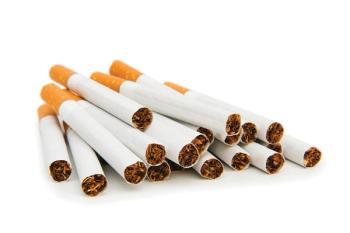
Two recent papers look at the subtle and surprising links between smoking and pain in different parts of the body.

Caregivers need support too.

There is a growing effort to standardize the evaluation and management of pediatric SSRDs, which have been reported as the second most common reason for consultation after suicide assessments.

Despite alcohol-related fatalities soaring to the No. 1 cause of death in middle-aged adults, this medication is often overlooked.

Three new trials suggest a novel antidepressant hides inside the blue-skinned fruit.
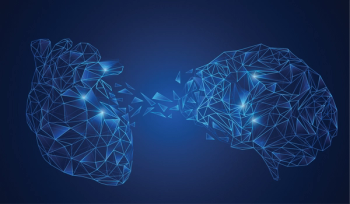
Understanding and developing treatments for the cardiovascular system and how it relates to psychosocial distress and the nervous system are keys to the future of psychiatry.
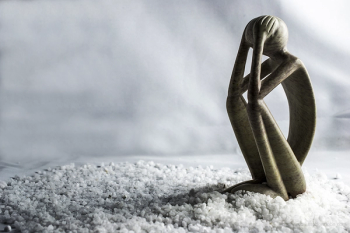
A rare genetic disorder may have unrecognized psychological consequences.

Unable to spend adequate time with patients, residents are not learning to function as doctors, but merely as technicians for the human body.

Focusing on someone else's problems may be a great coping strategy for patients with depression.

Remaining in the current moment is a good way to avoid toxic negative thoughts.

Patients and care providers often call themselves lazy. But what are the clinical consequences and cultural meanings of this term?

Although existential and religious issues may be distinguished in clinical care, the human condition’s complexity and the Dark Night of the Soul cannot.

Is the purported “saddest day of the year” evidence-based?

Is there a way to find balance in discussing the chemical imbalance theory of depression?
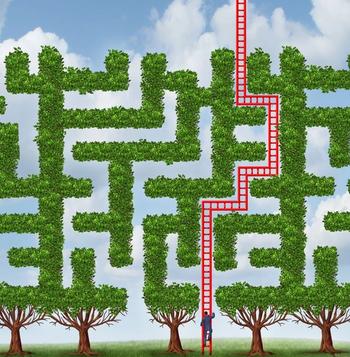
Creating a schedule and keeping it can be a huge help to patients with anxiety or depression.

In addressing mood disorders associated with infertility, sometimes the cure may be worse than the disease.
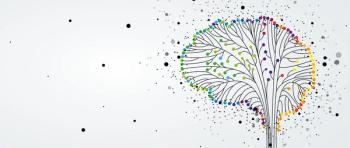
Our basic science knowledge of the brain continues to explode beyond what science fiction of the past has predicted.
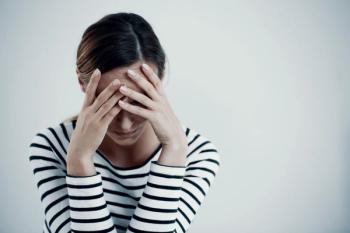
Michael F. Myers, MD, discusses depression among physicians, a theme from his new memoir, Becoming a Doctors’ Doctor.

Solitude is not the same as isolation. Is a patient isolating themselves and what can be done to help?

Daily routine and structure will decrease a patient's stress and give them a sense of accomplishment.

The anatomy of unhappiness is more complex than DSM-5’s categories.

VistaGen Therapeutic’s grant application for PH10, an investigational therapeutic agent for the treatment of depression, has been approved.